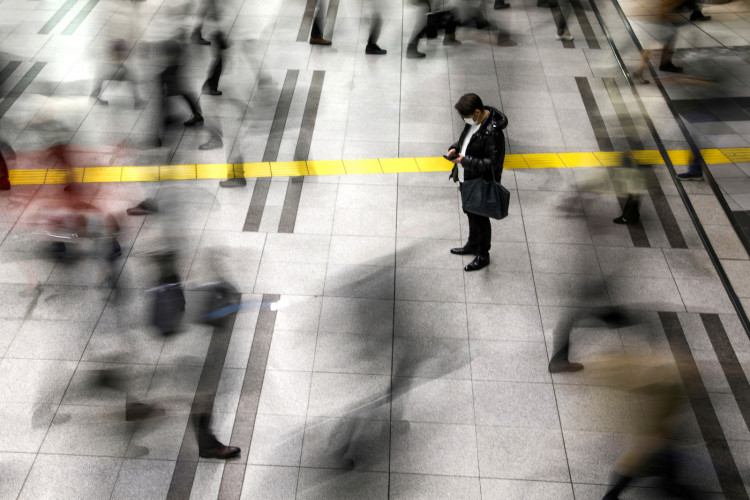Consumer confidence index in Japan increased to 36.1 points in March - the highest since February last year, according to figures from the Cabinet Office Thursday.
The figure was a 2.2-point rise from February, the data showed.
Household confidence was up across all sectors: overall livelihoods was up 1.8 points to 38.0, income growth was up 1.6 points to 37.2, willingness to buy durable goods was up 2.0 points to 38.1 and employment perceptions was up 3.3 points to 31.0, according to the office.
The poll follows a separate Bank of Japan survey that showed business confidence improving to pre-pandemic levels in the first quarter as the economy benefited from robust world demand.
While the economy may have emerged from the pandemic's initial hit, a resurgence in infections and weak wage growth cloud the outlook for consumption, Reuters reported.
More households saw income shrink and expect to slash expenditure a year from now, the survey showed, underscoring the patchy nature of Japan's recovery.
The survey will be among factors the BOJ will scrutinize when it conducts a quarterly review of its growth and price forecasts at its next rate review April 26-April 27.
Meanwhile, Japan's current account surplus narrowed to 2.92 trillion yen ($26.7 billion) in February from 3.06 trillion yen in the same month a year ago. The market was expecting a 1.97 trillion-yen surplus.
The goods account surplus narrowed to 524.2 billion yen from 1.36 trillion a year earlier as exports fell 4% and imports rose 11.8%, according to the Finance Ministry Thursday.
Meanwhile, the services account shortfall decreased to 75.7 billion yen from 269.9 billion yen, the ministry said.
The February surplus was the first year-on-year decrease in seven months and was mainly attributed to a rebound in imports from a slump a year ago as a result of the coronavirus outbreak in China and weak exports, government data said.






